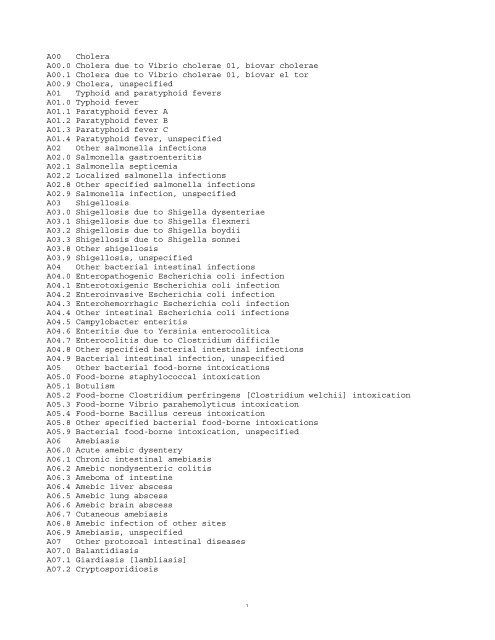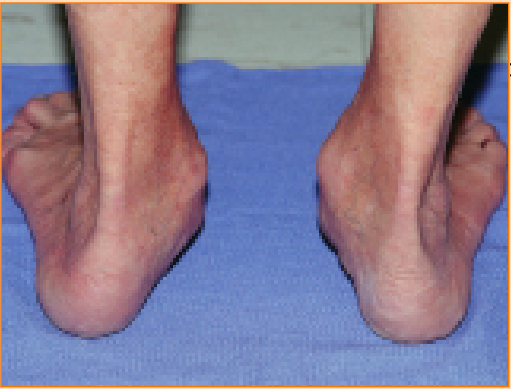

Until recently, identification of genetic cause of inherited disorders involved linkage analysis, candidate gene analysis, cytogenetic studies, fluorescence in situ hybridization, or array-based comparative genomic hybridization. XLID is genetically heterogeneous and is also accompanied by a spectrum of phenotypic variability. It is observed that 30% more males were affected than females (McLaren and Bryson, 1987). X-linked intellectual disability (XLID) accounts for 5–10% of the total ID cases, which occurs predominantly in males (Lubs et al., 2012). Studies estimate ID to occur at 1–3% frequency in the general population (Leonard and Wen, 2002 Roeleveld et al., 1997). I ntellectual disability (ID) is a neurodevelopmental disorder characterized by significant deficits in intellectual functions and limitations in adaptive behaviors with onset before the age of 18. Our findings reported in this study extend the spectrum of mutations and phenotypes associated with XLID, and calls for further studies of intellectual disability and mental health disorders with use of next-generation sequencing technologies. We identified potential causal variants in three XLID genes, including PAK3 (V294M), CASK (complex structural variant), and MECP2 (P354T). The affected individuals had varying degrees of intellectual disability, microcephaly, and delayed motor and language milestones. In this study, we analyzed the exomes of three families from India with nonsyndromic XLID comprising seven affected individuals. Advent of next-generation sequencing methods has accelerated the discovery of new genes involved in mental health disorders. Identification of causative genes and novel mutations will help in early diagnosis as well as genetic counseling of families. However, the causes for a substantial number of intellectual disability and associated phenotypes still remain unknown. Studies have identified causal XLID genomic alterations in more than 100 protein-coding genes located on the X-chromosome.

Although intellectual disability arises due to diverse causes, a substantial proportion is caused by genomic alterations. In this broader global health context, X-linked intellectual disability (XLID) is an inherited genetic disorder that is associated with a range of phenotypes impacting societies in both developed and developing countries.

Next-generation sequencing now offers new promise for biomarker and diagnostic discovery, in developed as well as resource-limited countries. Robust diagnostics for many human genetic disorders are much needed in the pursuit of global personalized medicine.


 0 kommentar(er)
0 kommentar(er)
